How To Cope With Hot Flashes
Hot flashes are a common symptom of menopause, which occurs when a woman no longer has monthly periods. It occurs in more than two-thirds of women in North America. Hot flashes might be caused due to a drop in the hormones estrogen and progesterone that occur when a woman stops menstruating. Hot flashes may cause a disruption in daily activities while at work or home by inducing periods of sweating for no apparent reason. Night sweats are hot flashes that occur during sleep, which can be very disruptive. Here are ten natural treatments.
10. Muscle Relaxation Techniques
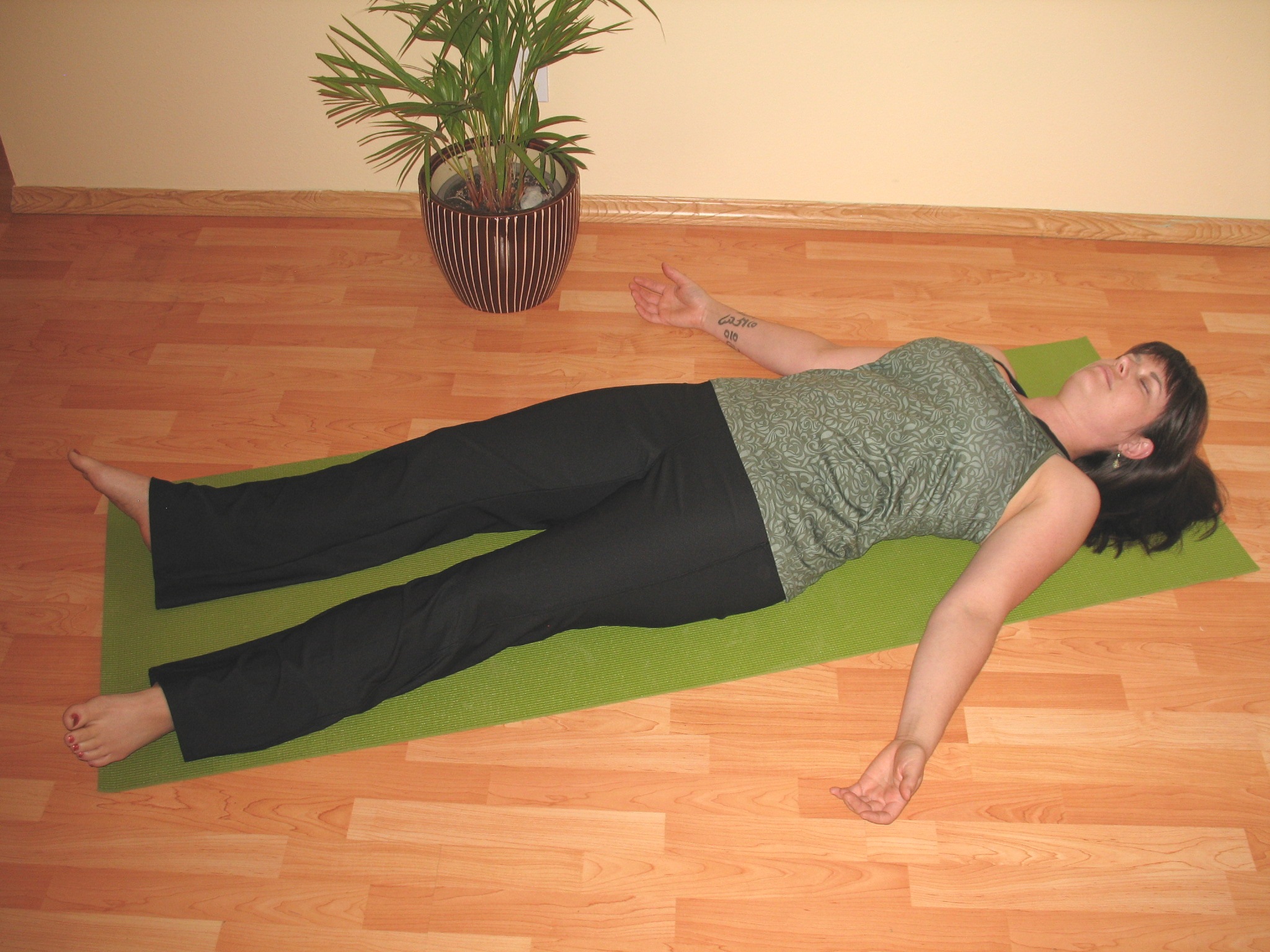
Being uptight may increase the risk of hot flashes. According to a British study, women with hot flashes who practiced progressive muscle relaxation experienced twenty percent fewer hot flashes than women who did not use muscle relaxation therapy. The severity of the symptoms also decreased. Women being studied met with a therapist for training on deep breathing, muscle release, and guided imagery. Progressive muscle relaxation is the art of tensing one major muscle group at a time and then relaxing it.
9. Yoga

According to a small study involving fourteen postmenopausal women with four or more hot flashes a day, practicing eight different restorative yoga poses and taking a weekly ninety-minute yoga class for eight weeks reduced the number of hot flashes and severity. Women being studied participated in a restorative yoga class once every week for eight weeks, which included holding restful positions for five to ten minutes each. Deep relaxation yoga poses are thought to support the part of the body responsible for unconscious sweating called the parasympathetic nervous system.
8. Medical Hypnosis
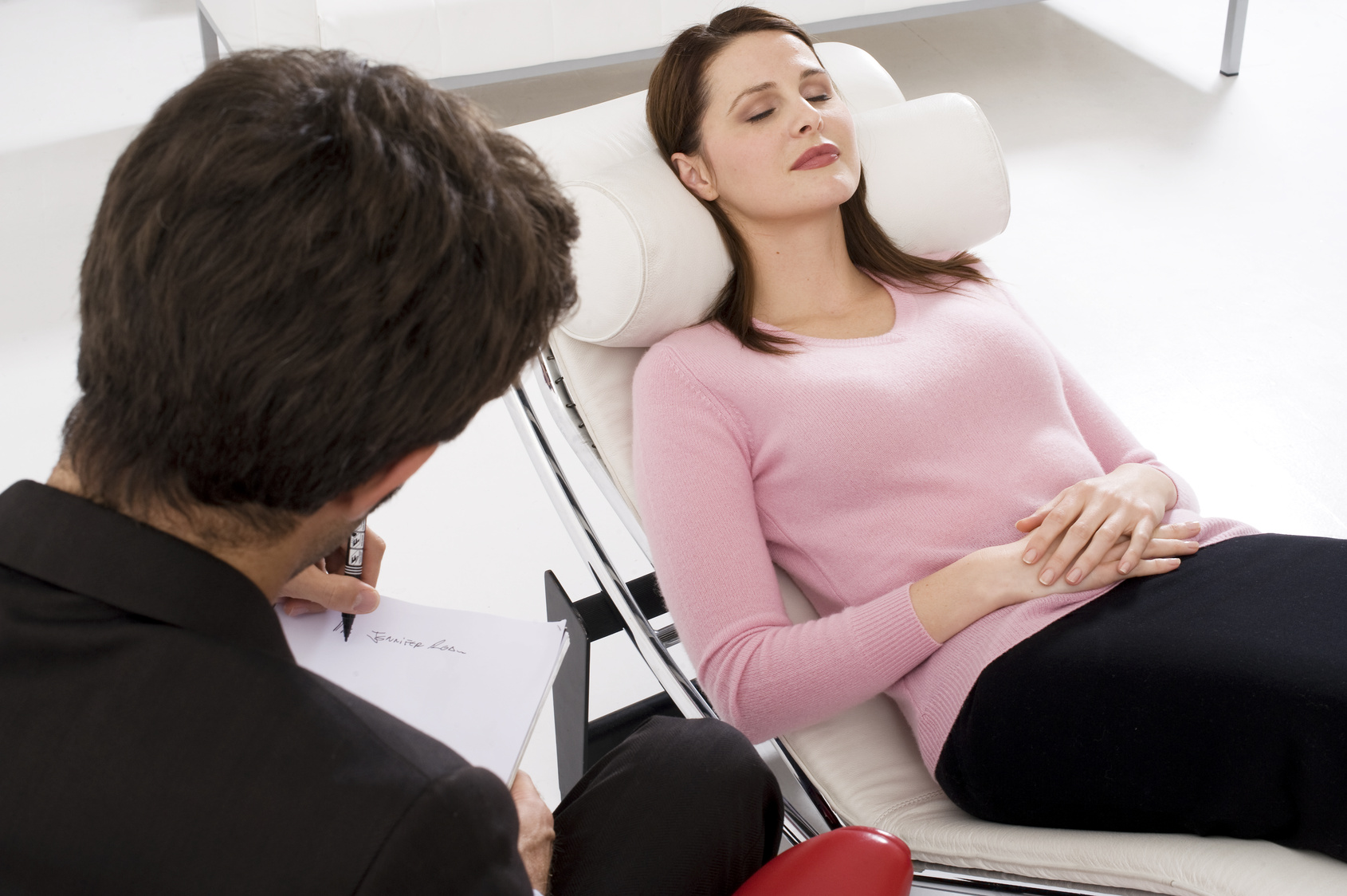
According to a study from Baylor University, medical hypnosis may be able to treat hot flashes. The study was performed on twenty-six breast cancer survivors with severe hot flashes due to early-induced menopause from various cancer treatments. Results showed that five sessions of hypnotherapy resulted in a sixty-eight percent decrease of hot flashes. The participants also reported sleeping better at night and experiencing less anxiety. Research shows that medical hypnosis may work just as well for women with natural menopause.
7. Weight Loss

A 2010 study published in the Archives of Internal Medicine revealed that losing weight could help reduce or eliminate hot flashes. The study tested two hundred and twenty-six overweight or obese women around the age of fifty-three. The women were put on a weight loss program. Results showed that each woman experienced a reduction of hot flashes by about a third for every eleven pounds of weight lost. Results went on to show that the more weight a woman lost, the greater the reduction of hot flashes.
6. Eat Soy Food
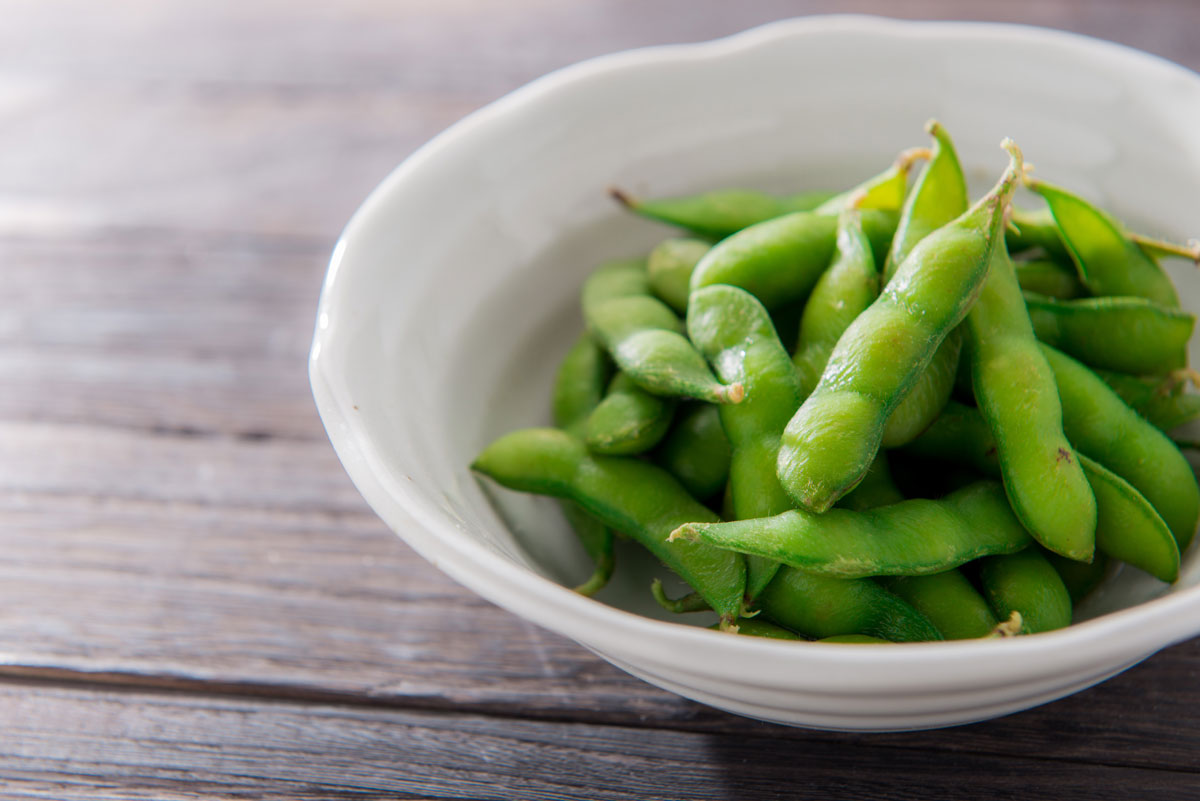
Soy contains compounds known as phytoestrogens that bind to estrogen receptors in the body and mimic some of the same effects, causing a reduction in hot flashes. Of all the phytoestrogens in soy, daidzein might be the most important because it converts into an estrogen-like compound in the digestive tract known as S-equol. Studies on S-equol have indicated that women whose bodies make more S-equol have milder menopause symptoms. Equol supplements are also available. A 2010 study found that equol supplements may reduce hot flashes by fifty percent or more. It also relieves joint and muscle pain and increases bone density.
5. Flaxseeds
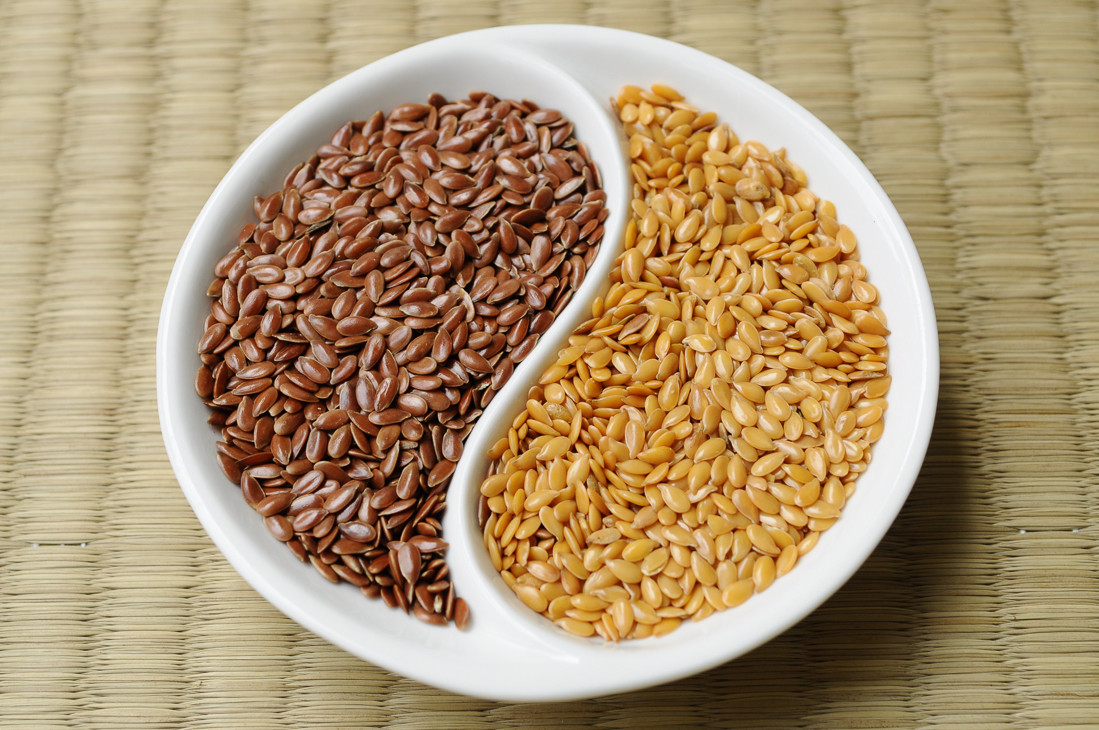
Flaxseeds contain an excellent source of lignans, which have been shown to reduce hot flashes. According to Mayo Clinic researchers, twenty-nine women who ate approximately 1.5 ounces of flaxseed a day for six weeks reduced the average number of hot flashes by fifty-seven percent. The women reported having a better overall mood, less muscle, and joint pain, less sweating and fewer chills. Flaxseed is also an excellent source of fiber and omega fatty acids to support brain and digestive health.
4. Vitamin E

Vitamin E has antioxidant properties in the body, which help reduce hot flashes by lowering overall inflammation. A 2007 Iranian study found that women who took four hundred international units of vitamin E daily for four weeks had significantly fewer hot flashes. Vitamin E is easily obtained from food sources such as nuts and seeds; however, supplementing appears to work quite well also. Aim for four hundred international units a day taken with meals as vitamin E is a fat-soluble vitamin that requires dietary fat for proper absorption.
3. Sage Tea
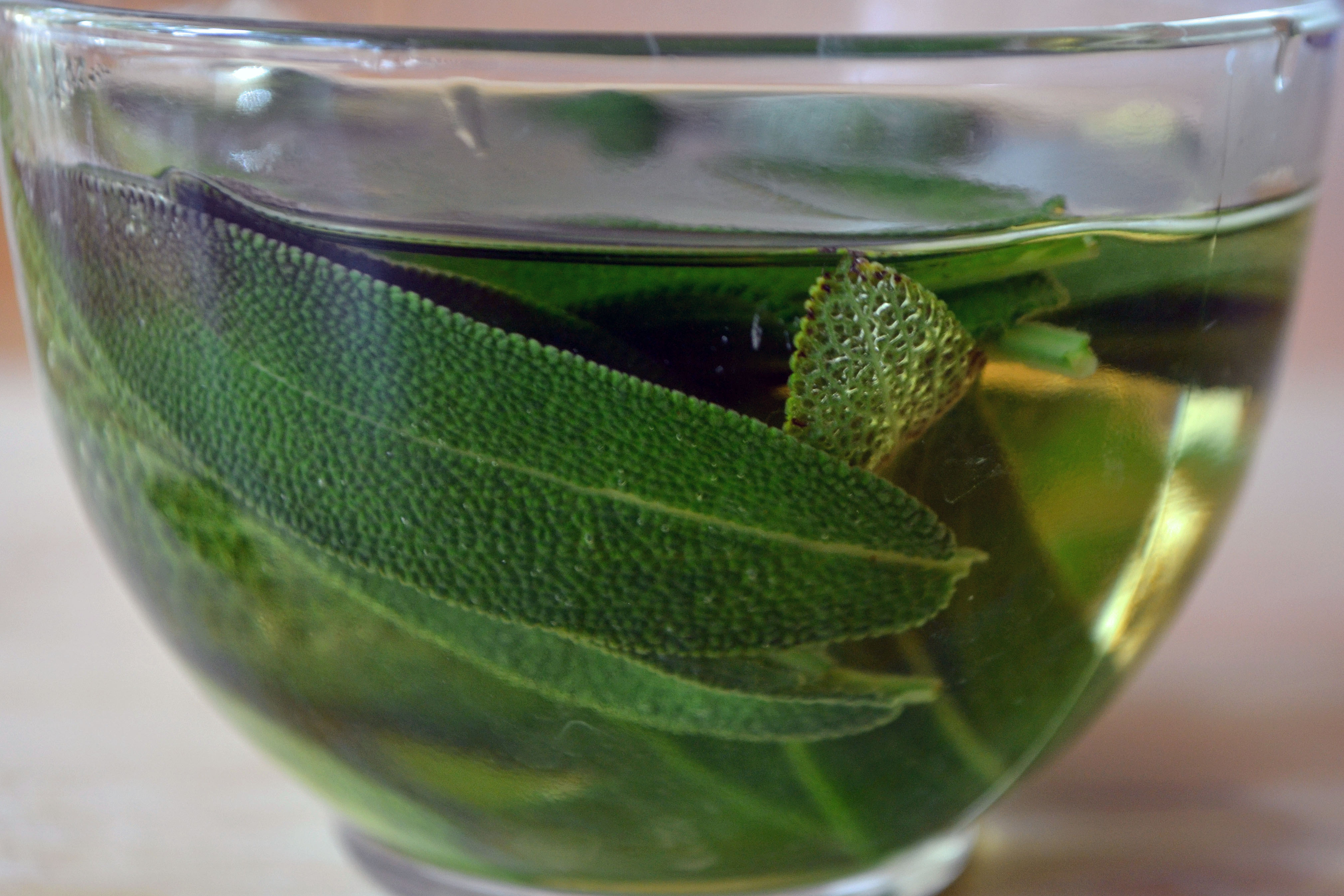
Swapping out a morning coffee for sage tea might be beneficial for reducing hot flashes. A 2010 Swiss study found that a once-daily tablet on seventy-one postmenopausal women reduced their number of hot flashes by sixty-four percent within eight weeks. Women who previously had very severe hot flashes reported a reduction of symptoms by up to one hundred percent. Taking a sage supplement is an easy way to reap the benefits. If making sage tea, add some lemon or raw honey to improve the flavor.
2. Acupuncture
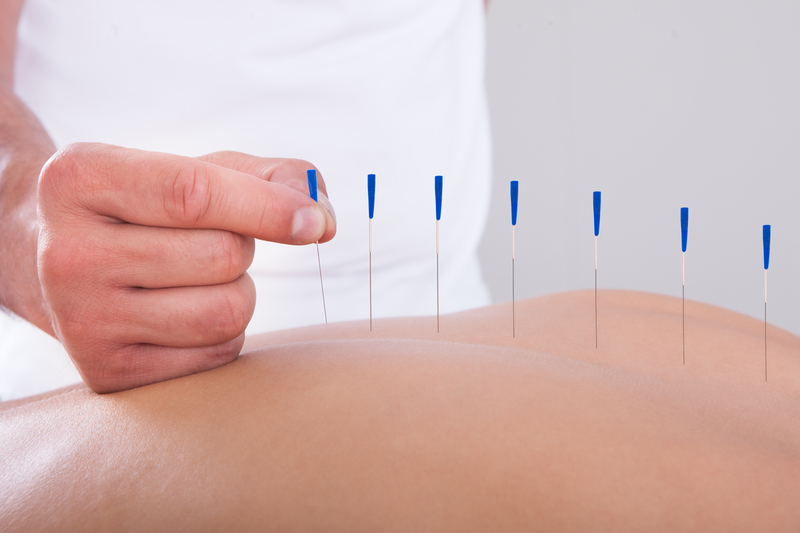
According to a 2009 study published in the journal Menopause, women with menopausal symptoms who had ten acupuncture treatments over twelve weeks had fewer hot flashes than a control group. Women who received the acupuncture treatment reported having less pain and sleeping better at night. Researchers believe acupuncture affects the part of the body responsible for controlling the release of hormones such as cortisol, serotonin, and endorphin levels known as the sympathetic nervous system.
1. Black Cohosh
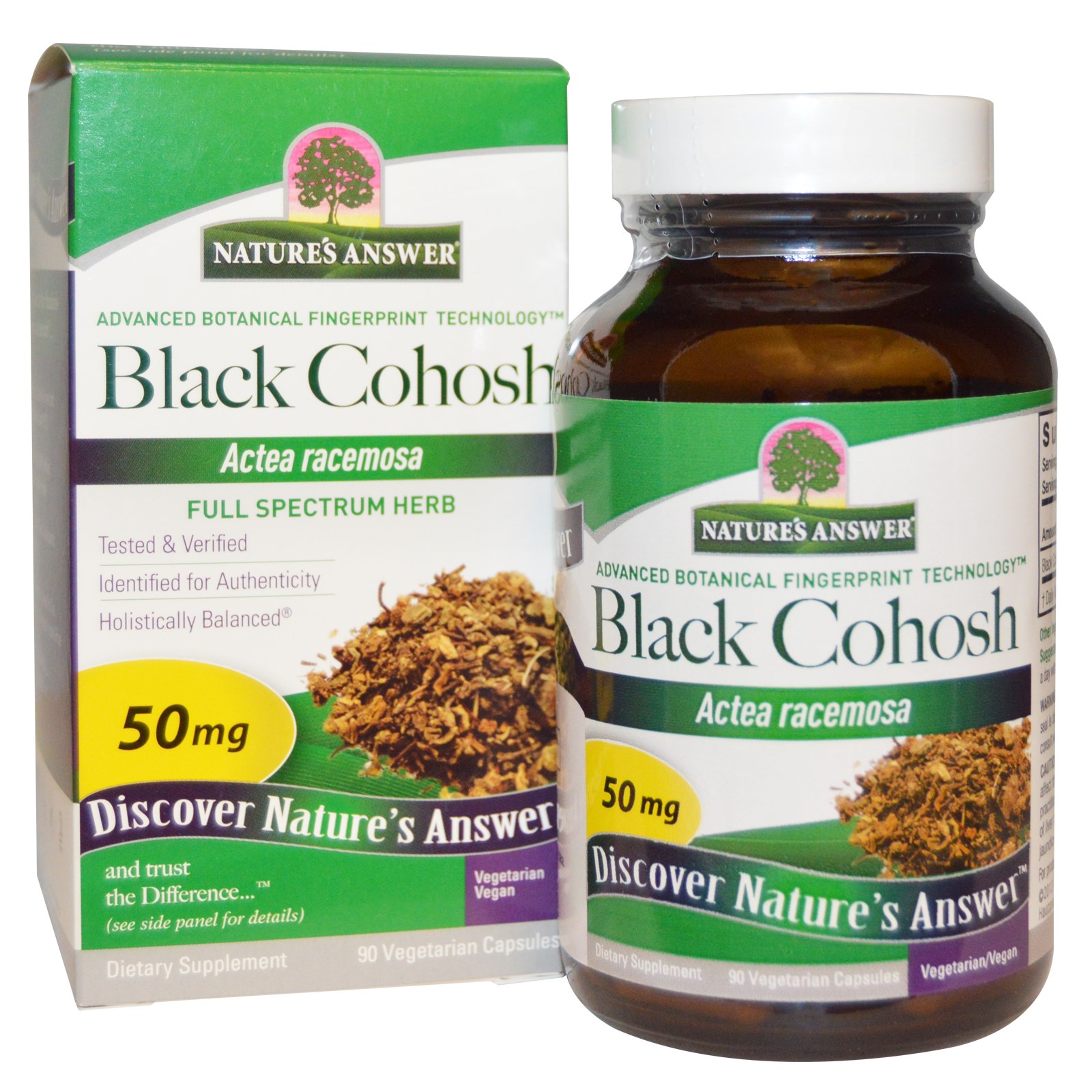
Black cohosh is a herb belonging to the buttercup family. It has been shown to reduce hot flashes by acting like estrogen in the body by decreasing a hormone responsive for causing hot flashes. One study indicated that taking black cohosh reduced hot flashes by up to eighty-four percent. A larger 2006 study found that women who took one hundred and sixty milligrams a day of black cohosh had the greatest reduction in hot flashes when compared to women who took other herbs or a placebo.
